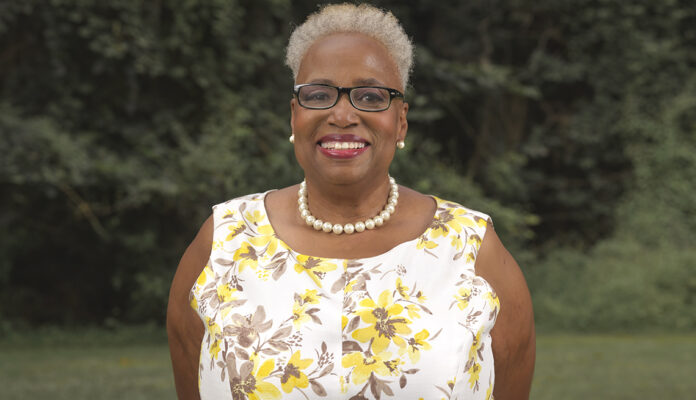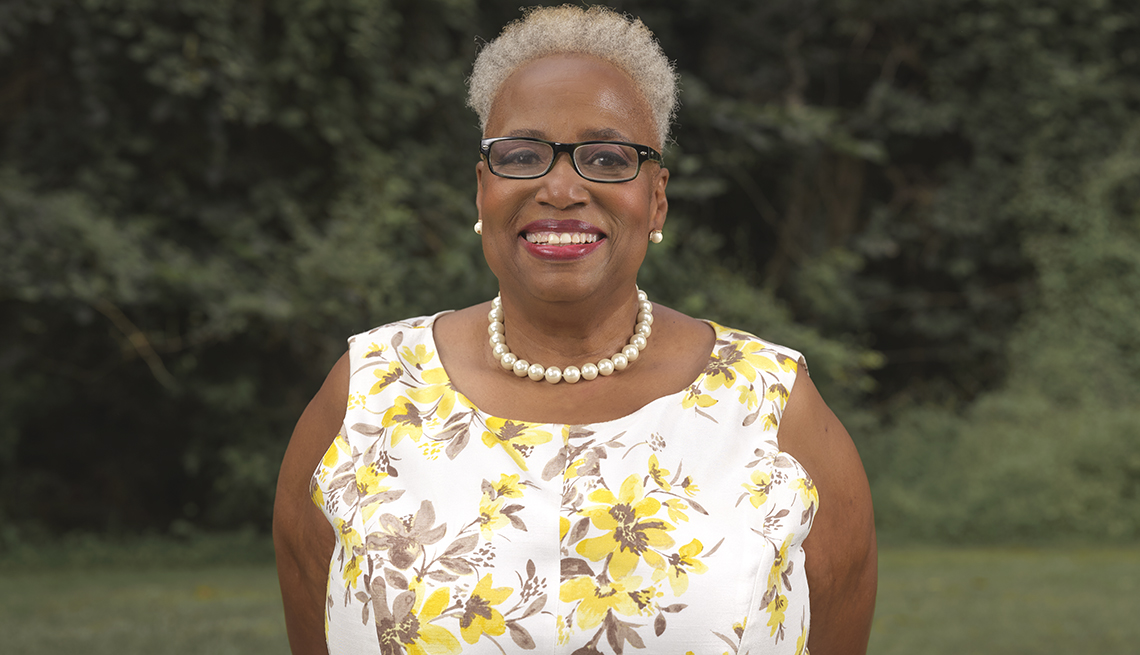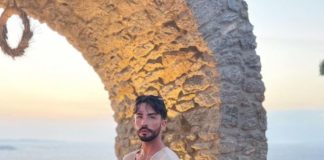Mary’s House for Older Adults is a not-for-profit organization creating welcoming and inclusive environments for lesbian, gay, bisexual, transgender, queer and same-gender-loving (LGBTQ+/SGL) elders. It addresses such issues as housing fragility and discriminatory practices, social isolation and loneliness with programs that focus on the needs of LGBTQ+/SGL older adults, particularly LGBTQ+/SGL people of color. As part of its outreach, Mary’s House for Older Adults provides food gift cards; makes regular calls and drive-bys for connection and wellness checks; sends cards on birthdays, anniversaries and just because; and coordinates mental health services, health and wellness programming, meditation and much more.
The problem I’m trying to solve
It’s hard to be old and gay. As a group, LGBTQ+/SGL older adults experience increasing economic and health vulnerabilities and disparities as they age. Lifelong experiences of discrimination and bias may make it harder for people to seek care, to find community and to thrive. Many LGBTQ+/SGL older adults do not access the services that are available to them due to concerns that service providers and mainstream communities will not be supportive, understanding or offer cultural humility, by which I mean awareness of LGBTQ+/SGL nuances and the importance of aging with dignity.
Older LGBTQ+/SGL adults are going back into closets of despair, fearful and isolated. I know I can make a difference by creating safe, quality housing and environments that honor their whole selves. Everyone wants to be connected. As we get older we want to be part of a family. Like Cheers, we want everyone to know our name. We want to feel like members of a tribe. That is our model for decreasing social isolation and loneliness, and creating and maintaining a sense of belonging.
The moment that sparked my passion
Before my dad died in 2010, we had to put him in a nursing home. He had good insurance and advocates, but it wasn’t enough. We ended up pulling him out, and he died at home. He was a heterosexual adult with ample resources and that was not enough. I thought: What if he had been an old out gay man or an out transgender person? Around the same time, a colleague who was well-off and living in an upscale retirement residence was found five days after he died. Over and over I hear about folks being alone and dying alone. That was my aha moment — that we need to support our elders in a more communal and family-centered way.
What I wish other people knew
I wish people knew and adhered to what is called the Platinum Rule: treating everyone the way they want to be treated. It’s a little different from the Golden Rule, which says to treat people how you want to be treated. The emphasis is on others, not yourself. This is particularly important when working with LGBTQ+/SGL elders because they often haven’t experienced either the Golden or the Platinum Rule. So, for example, we always ask people how they want to be addressed and what pronouns they use.
Advice to others who want to make a difference
We can all make a difference. There’s a well-known story by Loren Eiseley called “The Star Thrower” that illustrates this. As I’ve heard the story, a young girl is throwing something into the ocean. A man walking along the beach sees she is tossing one starfish after another from a huge number of beached starfish into the water. “You’re not going to be able to save all of them,” he tells her. The girl throws another starfish into the sea and says, “I might not be able to save all of them, but I made a difference to that one.”
Everyone can make a difference. Everyone can do something, even if it seems small, even if it’s just one thing a day.
Why my approach is unique
We are currently building brick-and-mortar residences, starting on the grounds of my childhood home. But we can’t build community and support for our elders with brick and mortar alone. We have to create welcoming communities and affirming environments, including going into nursing homes and retirement facilities, and teaching staff and residents how to practice cultural humility in working with elders, LGBTQ+/SGL people in particular. The Villages at Mary’s House, our newest and largest program, comprises both virtual and brick-and-mortar communal spaces to create connectedness to chosen family.









